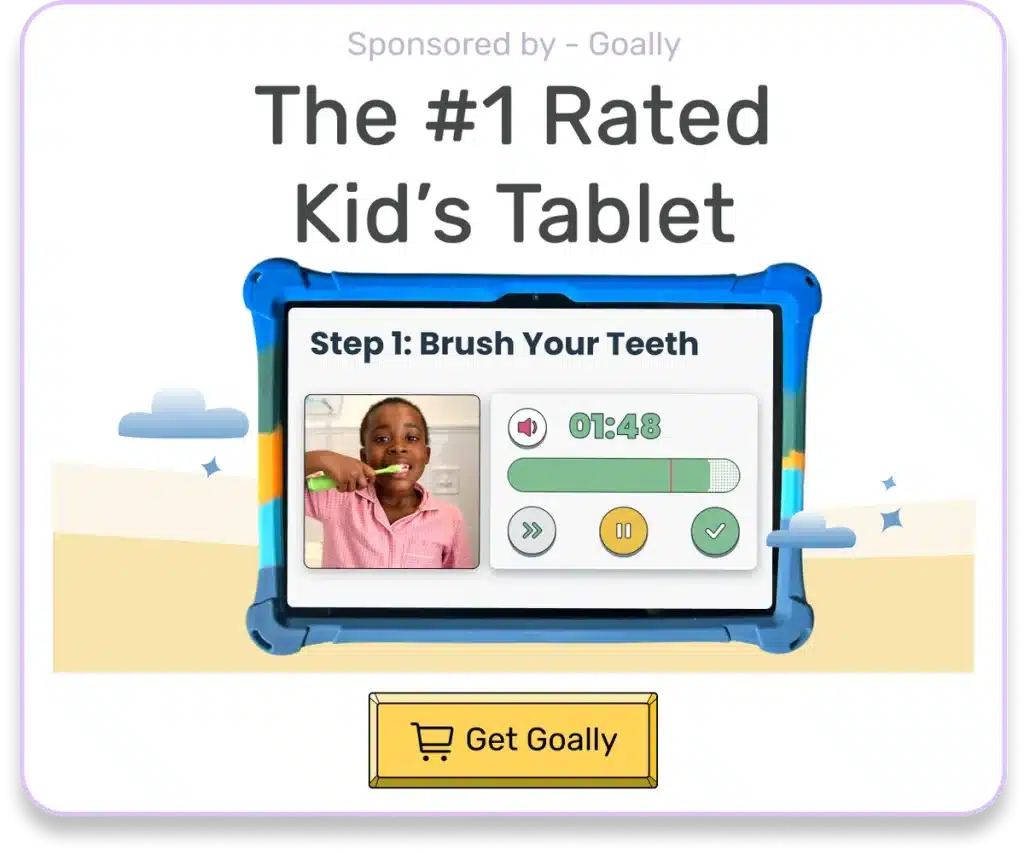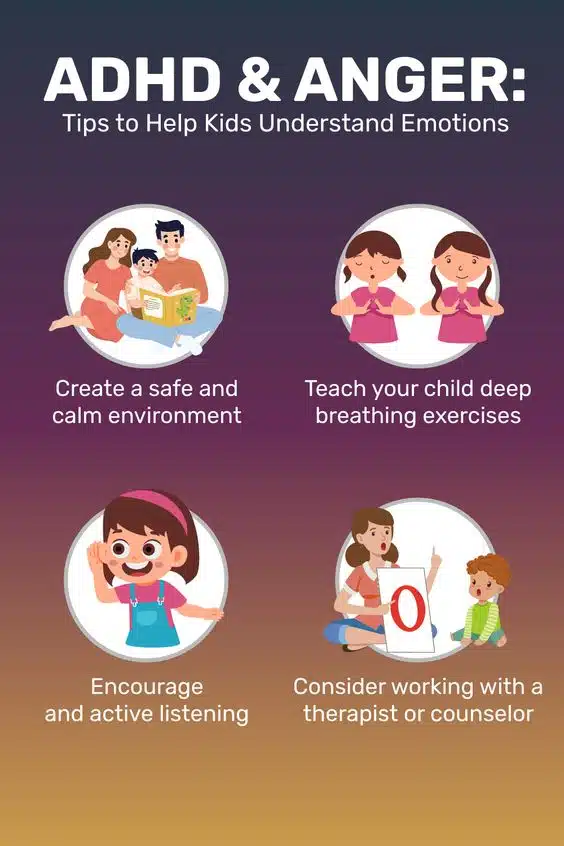When you find yourself thinking, “Are kids with ADHD defiant?”, consider reevaluating that notion. Parents of neurodivergent kids are no strangers to the challenge of managing challenging behavior. In our exploration of ADHD and defiance, we’ll uncover the reasons behind such behaviors, and provide practical tips for supporting your child. This refreshing perspective will allow you to see your child’s actions with understanding, empathy, and clarity.
Table of Contents
Peeling Back the Layers of ADHD
Before diving into strategies, it’s important to grasp the intricacies of ADHD. Although commonly described by impulsivity, inattention, and hyperactivity, ADHD encompasses much more. Kids with thinking and learning differences face unique challenges that might be misinterpreted as defiance. Recognizing the underlying causes of their behavior is crucial in guiding them towards success.
To shed light on the enigma called defiance, we need to examine why this behavior might emerge in children with ADHD. Here’s a closer look at possible factors:
| Factor | Description |
|---|---|
| Impulsivity | Children with ADHD may act without considering the consequences. While this may seem disobedient, it’s a result of their disorder. |
| Executive Function Challenges | Difficulty with organization, planning, and time management can make it hard for neurodivergent kids to follow instructions and complete tasks as expected. |
| Inattention | Kids with ADHD might be unable to focus, inadvertently appearing dismissive of requests or directives. |
| Emotional Dysregulation | The emotional ups and downs experienced by some kids with ADHD can lead to outbursts and resistance, which may be misinterpreted as defiance. |

Creating a Path to Success: Effective Strategies
Now that we’ve demystified the so-called “defiance,” let’s explore tangible strategies to support your child’s growth. The following tips will help you create an environment that fosters success:
- Stay Informed: Learn more about ADHD and its varied manifestations to gain a deeper understanding of your child’s behavior.
- Communicate Clearly: Use short, simple sentences and establish eye contact when giving instructions, ensuring your child comprehends the task.
- Consistent Structure: Establish routines to help kids with ADHD feel secure. A predictable schedule reduces confusion and fosters confidence.
- Positive Reinforcement: Celebrate your child’s achievements and efforts, building their confidence and inspiring persistence.
- Collaborate with Your Child: Work together to develop effective communication strategies, behavioral plans, and tailored accommodations.

Read more: ADHD Anger Issues in Kids
Beyond these overarching strategies, it’s crucial to engage in consistent conversations with your child. Gauge their understanding of tasks and reinforce concepts that might be challenging for them. This proactive approach encourages open communication, strengthening your relationship and trust in one another.
All Hands on Deck: Collaboration with Professionals and Schools
Bridging the gap between caregivers, educators, and mental health professionals is crucial in the journey to support kids with ADHD. Here are some key actions to foster successful collaboration:
- Ensure open and regular communication between all parties.
- Develop an Individualized Education Plan (IEP) or 504 Plan with appropriate accommodations for your child.
- Explore interventions, such as social skills training, occupational therapy, or medication management, to address your child’s unique needs.
Read more: Free Printable Daily Behavior Charts
Collaborative efforts allow for a seamless transfer of support and strategies among the key individuals in your child’s life. This united approach ensures your child receives the resources and opportunities necessary to reach their full potential.
Try Goally For Your Child With ADHD
Goally helps kids with ADHD stay focused and build skills. Unlike a Kindle or an iPad that kids get easily distracted on, Goally has no YouTube, no social media, no web browser, and especially no ads.
Goally uses game play as a points-based motivator for your kiddo with ADHD and helps them learn emotional regulation skills. It’s simple to set up and has an expert-informed design.

Conquering the ADHD-Defiance Myth and Building Strong Foundations
Ultimately, the answer to “Are kids with ADHD defiant?” is more nuanced than one might think. Rather than labeling them as defiant, it’s important to understand the factors that shape their behavior. With empathy, understanding, and practical strategies in hand, you can guide your child towards a bright and promising future. Supporting your child’s growth now sets the stage for success and resilience in the years to come.
This post was originally published on 05/29/2023. It was updated on 09/20/2023.

Goally
We help parents teach their kids life skills, like doing bedtime and morning independently. Backed by science, we incorporate evidence-based practices and expert-informed designs in all of our apps and content.






